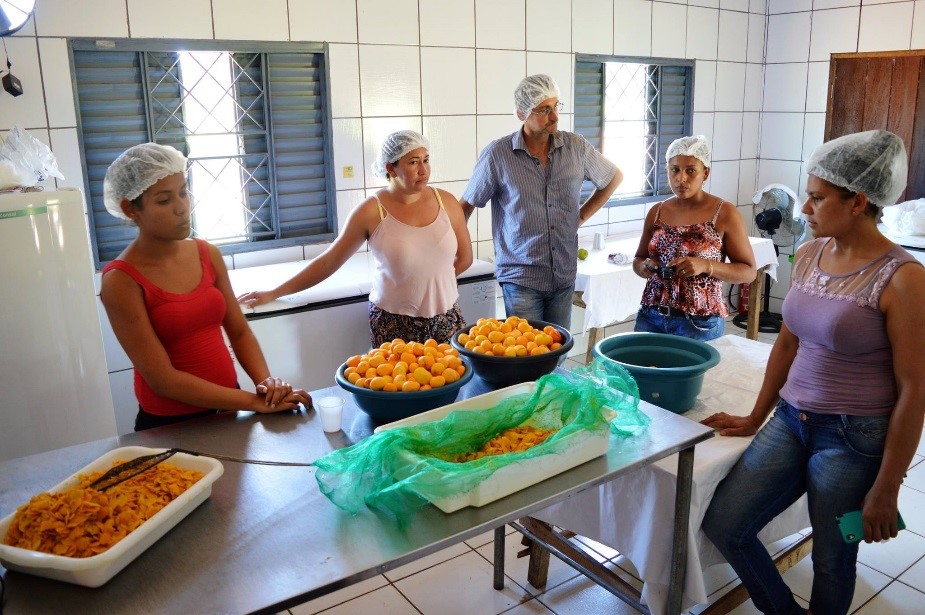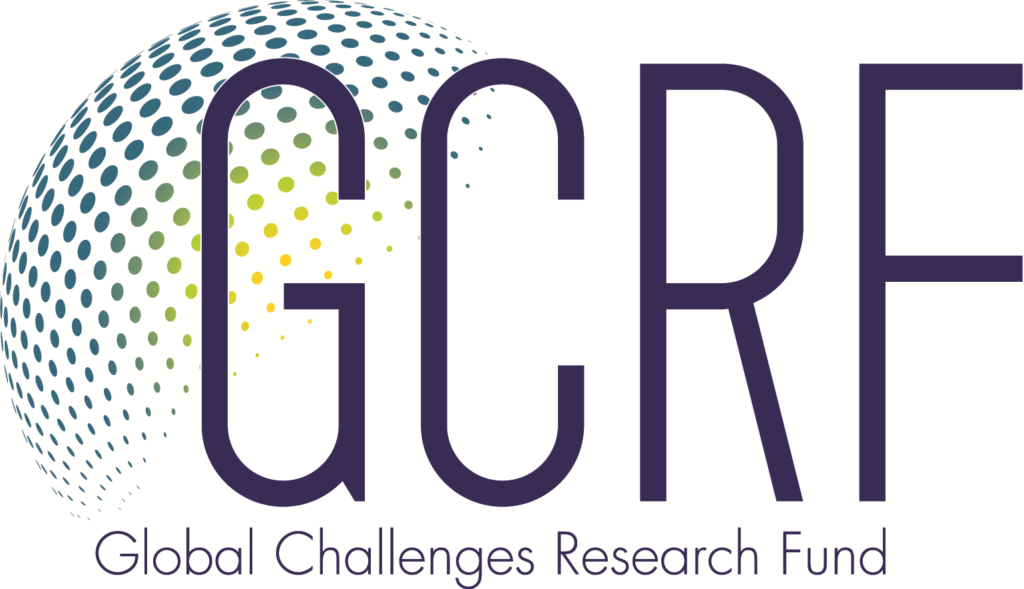
A new project led by Professor Toby Pennington, University of Exeter, and partners from the Instituto Ouro Verde (IOV) and Universidade do Estado de Mato Grosso (UNEMAT) will seek to improve the socio-economic impact of women’s agroforestry income generation initiatives in Mato Grosso, Brazil.
The research aims to better understand the current roles, strengths, and barriers to developing women’s social and economic autonomy and to increase the socio-economic impact of the agroforestry income-generating initiatives. It will investigate whether and how building on the strengths and overcoming the barriers / constraints can foster greater empowerment of women, and by association their families through developing sustainable incomes. It will also investigate to what extent these activities are enabling them to gain a stronger negotiating position and more influence in intra-household decision-making and income distribution.
These questions will be examined through a focus on two women’s agroforestry groups, The Women’s Association of the Amazon Portal, who work with “Pequi” (the nutritious fruit of the tree Caryocar brasiliense) and the Female Fibre Artisans Network, who produce handicrafts from forest products (including with the fibres Tucum, Buriti, Patuá, Banana and Taboa).
We aim to nurture a group of women for 8 months, training the women in all aspects of the business, including the administration and financial management.
We will develop women’s income generation opportunities from agroforestry initiatives in Brazil.
Through the research process and outcomes we aim to influence and improve the provision of income generation support to rural women.
IOV is working to support the development and well-being of rural families, and seeks to understand and improve the impact of their work with/for women, who historically in Brazil have had more constrained roles and less autonomy within their families and communities than men. This project will grow IOV’s and the partnership institutions’ capability and expertise in undertaking research to provide insights and solutions to problems of gender equality in implementing successful agroforestry income-generating activities.

In the midst of the very hostile environment that hit us in early 2020, due to the weakening of environmental and social policy in Brazil and the impacts of COVID-19, Instituto Ouro Verde came up with an idea that will help us better understand gender relations in the Amazon Portal, Mato Grosso. Following discussions with Carolyn Petersen and Toby Pennington at University of Exeter a research proposal was developed and successfully awarded in November 2020.
The Network of Female Fibre Artisans and the Women’s Association of the Amazon Portal, emerged collectively in 2012, demonstrating their innovation by creating products from the agroforestry value chain. These women are resourceful family farmers, seed collectors and agroforestry planters who saw the potential to make handicrafts and produce, from natural fibres and fruit of the Cerrado. This creative use of agroforestry materials is providing a valuable source of income generation, which will help to preserve the forest and improve community health and wellbeing.
During this 8 month project, the women will be trained in all aspects of production, including the administration and financial management. The funding will support the purchase of raw materials, stock expansion, the development of new products and markets, and cover expenses during this research and development period.

This project is funded by Global Challenges Research Fund (GCRF) and contributes to the University of Exeter Global Research Translation Awards (GRTA). The project aims to develop and deliver sustainable social and economic development solutions to developing countries.